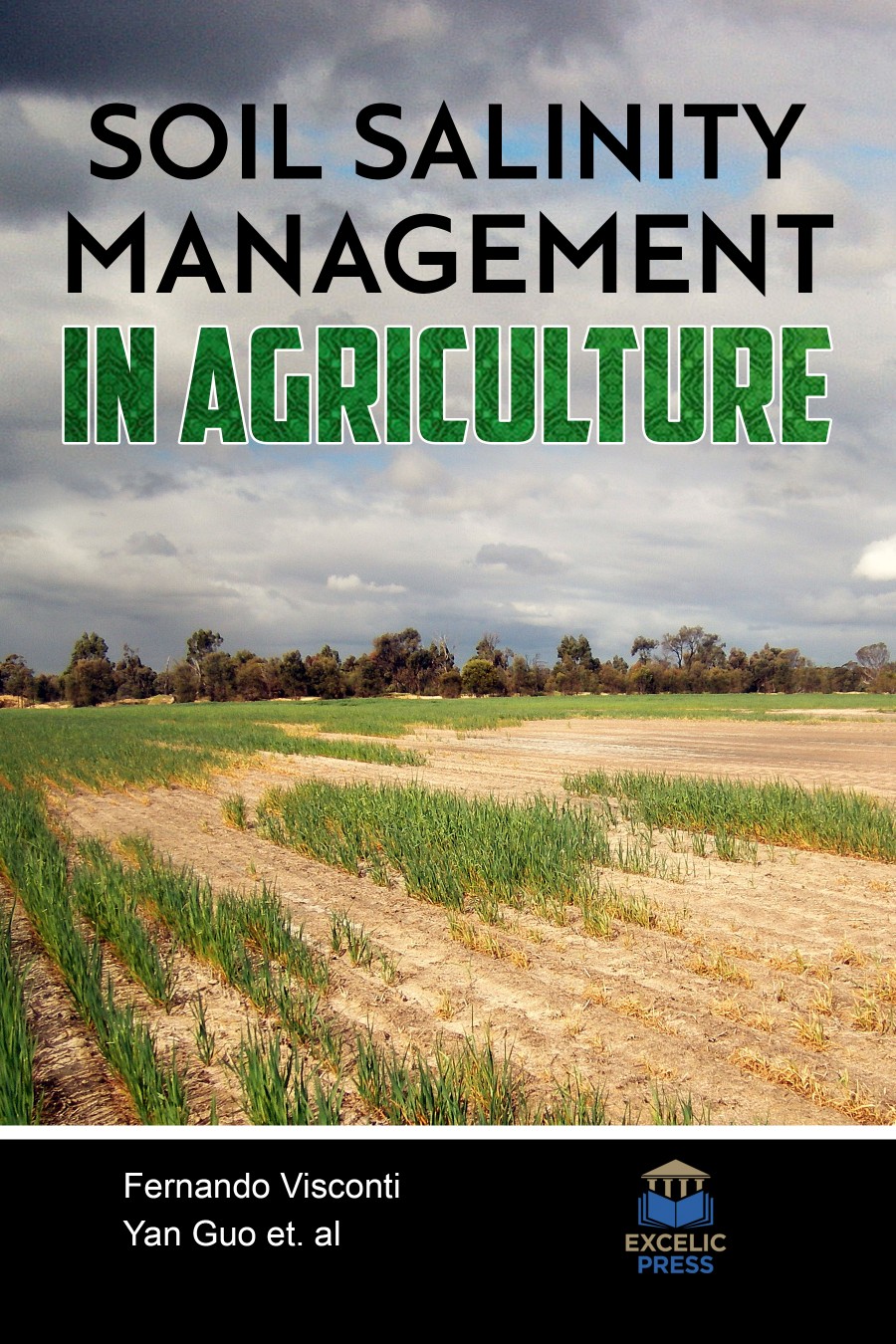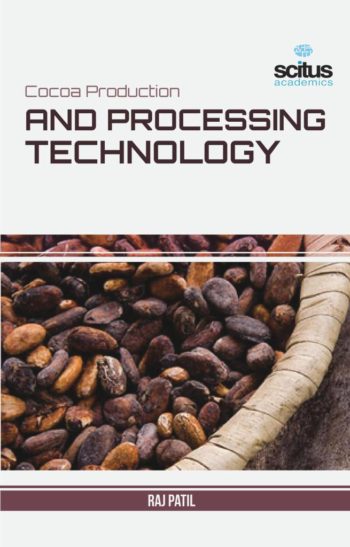Soil salinity is an important concern restricting the productivity of irrigation agriculture around the globe. The problem of soil salinity is not new but it has been existed for centuries. History records that the settle of ancient Mesopotamia was moderately because of crop failure caused by saline soils. Saline soils contain high accumulation of soluble salts; which include sulphates, carbonates, and chlorides and in some cases nitrates of calcium, magnesium, potassium and sodium. As soil salinity increases, the potential of the soil pore water decreases, thus obliging plants to overcome an increasingly high energy gap for soil water uptake.
The volume presenting emphasis to a multidisciplinary approach Soil Salinity Management in Agriculture deals with the key issue of soil salinity of prospective farmland and delivers a wide-ranging picture of the saline environment and plant relations, together with management and renovation methods and strategies. The foundations of the EC techniques nowadays available for the assessment of soil salinity in agriculture will be presented, along with the specific models developed to make estimations of soil salinity. Effects of Soil Salinity on Sucrose Metabolism in Cotton Fiber, and Effects of Conservation Tillage on Total and Aggregated Soil Organic Carbon, Effects of Soil Salinity on Sucrose Metabolism in Cotton Leaves as well discussed. An emphasis on the control of soil salinity in irrigated Land with Agricultural Drainage Systems is also presented. Chapters in this book are contributed by eminent experts and researchers from the fields of agronomy, agricultural chemistry, soil science, agriculture biotechnology, environmental sciences, and plant breeding and genetics.













